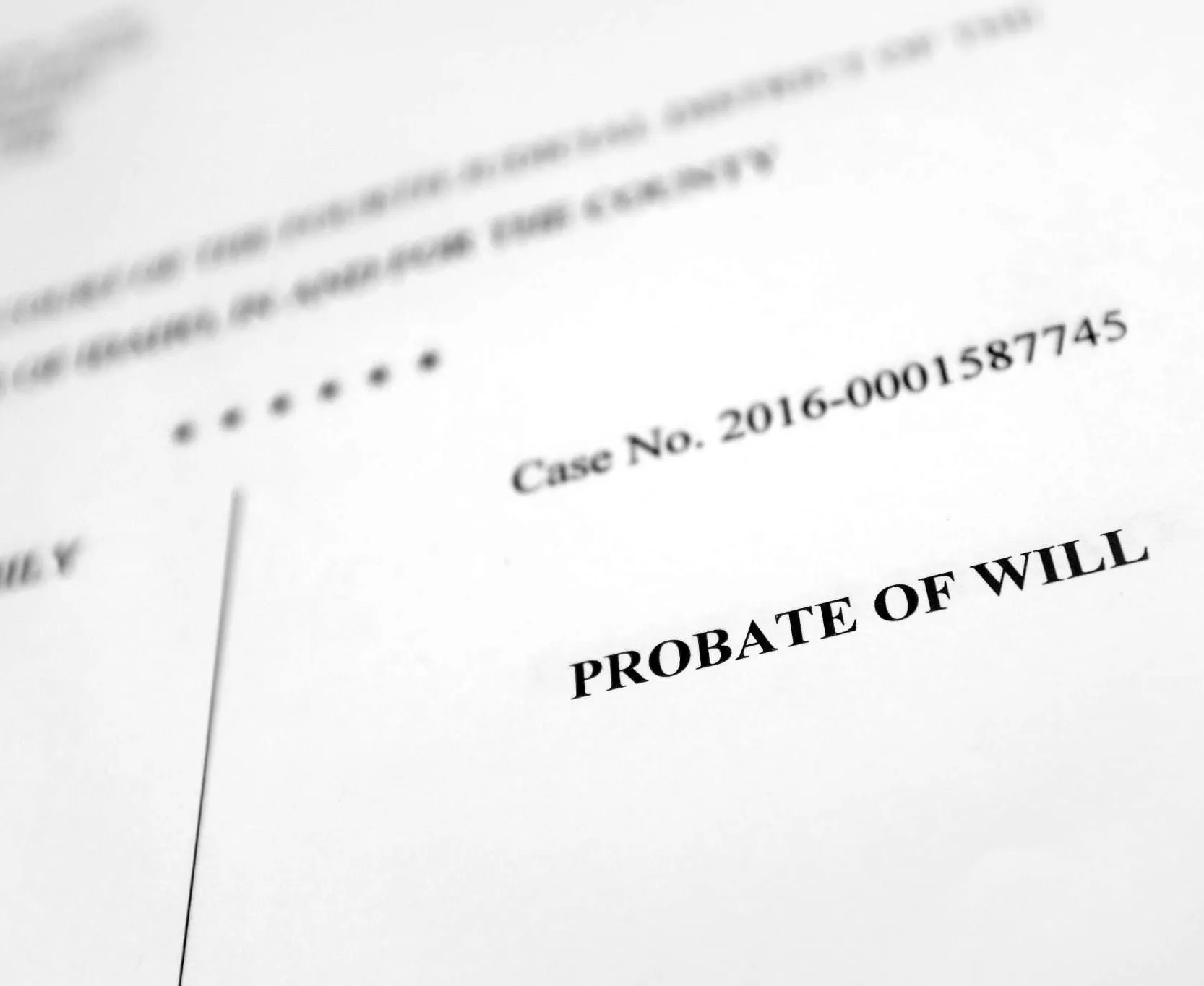Probate
Empathetic Probate Assistance
When someone dies, loved ones are often overwhelmed with the grief and pain of loss. This grief is often compounded by daunting legal and estate issues that must be dealt with. Idaho Law Group understands and appreciates the difficulties you are facing. We will do our best to help you navigate the probate proceedings with empathy and consideration.
When is Probate Necessary?
- Probate is usually necessary if the deceased person (the "decedent") owned real estate or other assets, in their own name, at the time of death.
- The decedent's real and personal property are called the "estate" of the decedent. Probate is the process of resolving the affairs of the decedent by paying debts of the estate and then distributing the remainder as the Court directs.
- Probate is usually required if the estate includes real property (land, a house, mineral rights, etc.) of any value, or the estate has personal property worth more than the "small estate" statutory dollar amount.
- When probate is legally required, it is best to have it done as soon after the death as possible.
- A trust designed by Idaho Law Group can help avoid probate altogether.

Different Kinds of Probate in Idaho

Probating an Estate in Idaho
Other Probate Issues We Can Assist You With

Schedule a Free Consultation With One of Our Experienced Attorneys
We provide education and counseling to individuals and families so that you can make informed choices with confidence.